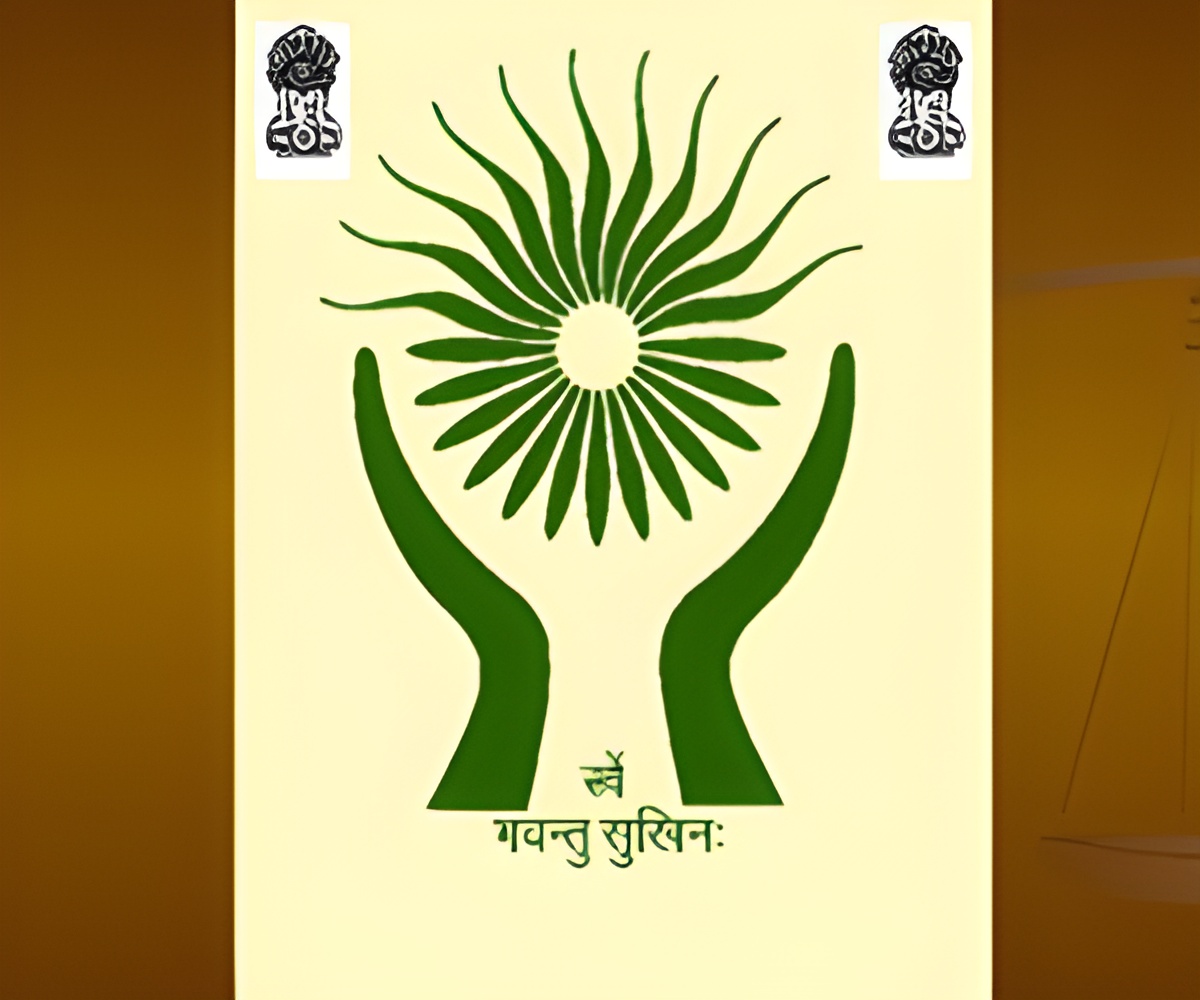Governments make a big mistake when they ignore human rights to counter serious security challenges, reveal Human Rights Watch in releasing its annual world report.

In his introductory essay, Executive Director Kenneth Roth highlights the counterproductive circle-the-wagons approach to human rights that many governments adopted during the past tumultuous year.
"Human rights violations played a major role in spawning or aggravating many of today's crises. Protecting human rights and ensuring democratic accountability are key to resolving them," Roth said.
The rise of the extremist group Islamic State (also known as ISIS) is among those global challenges that have sparked a subordination of human rights, Human Rights Watch said.
But ISIS did not emerge out of nowhere. In addition to the security vacuum left by the US invasion of Iraq, the sectarian and abusive policies of the Iraqi and Syrian governments, and international indifference to them, have been important factors in fueling ISIS, it added.
It further said that in too many countries, including Kenya, Egypt, and China, governments and security forces have responded to real or perceived terrorism threats with abusive policies that ultimately fuel crises.
Advertisement
In France, there is a danger that the government's response to the Charlie Hebdo attacks - using counterterrorism legislation to prosecute speech that does not incite violence - will have a chilling effect on free expression and encourage other governments to use such laws to silence their critics.
Advertisement
"Some governments make the mistake of seeing human rights as a luxury for less trying times, instead of an essential compass for political action. Rather than treating human rights as a chafing restraint, policymakers worldwide would do better to recognize them as moral guides offering a path out of crisis and chaos," Roth said.
Source-ANI









